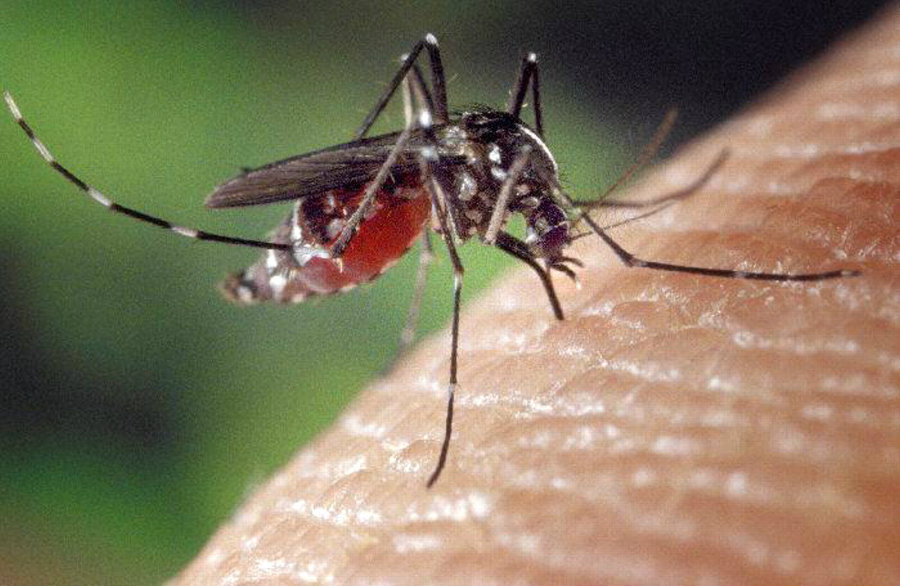Livingston County – The Michigan Department of Health and Human Services (MDHHS) confirmed Friday the first human case of West Nile virus in the state in 2016.
An older adult from Livingston County was diagnosed with the virus. Officials say that the patient is currently recovering, according to CBS.

Authorities studying the virus have found 13 birds tested positive to date this season. 3 WNV positive mosquito pools have been found in Oakland and Saginaw counties.
Usually, there are more mosquitos when the atmosphere is wetter. But in a dry climate, while there are fewer mosquitos, they come with greater threats, including the West Nile virus, which spreads more easily when the weather is warm and dry. Health officials are expecting to see many cases of the virus this summer in Michigan.
Dr. Eden Wells, Chief Medical Executive at the MDHHS is warning residents to use repellent with DEET and stay alerted against mosquito bites since they could lead to serious consequences.
Prevention is key to avoiding the spread of the virus
It was previously reported that the West Nile virus was still a national priority, and authorities insist that residents should protect themselves and their families. Besides mosquito repellent, citizens are advised to wear long pants and light-colored shirts, long-sleeved whenever possible.
The virus is commonly transmitted from mosquito to human, so it is important to decrease the level of possibilities of the mosquitoes to procreate. To avoid the propagation of mosquitoes, residents must stay aware of standing water surrounding their homes. Since that is the ideal habitat for mosquitoes to lay their eggs and develop, health officials are highly suggesting residents to drain the spaces where the water is. Also, checking that door and window screens are in good condition could keep mosquitoes and other insects out of the home.
It is common that people infected with West Nile virus do not show any symptoms. However, they could appear even after 15 days after contracting it. One in five people will show symptoms, including fever, joint pain, headache, vomiting, diarrhea, and rash.
However, there are possibilities of becoming severely ill from the virus, especially for people over 50 years old and those with weakened immune systems. One in 150 cases of the disease will experience symptoms similar to meningitis, such as stiff neck, stupor disorientation, coma, muscle weakness, convulsions and even paralysis.
In 2015, there were several cases of West Nile virus confirmed in Michigan. In Oakland County, an 81-year-old woman died after becoming severely ill because of the virus.
Last year, there were 2,060 cases of West Nile virus infection reported, including 119 cases of death, according to the CBC.
The first human case of West Nile virus confirmed this year was in Nebraska’s Scotts Bluff County.
Source: CBS Local
